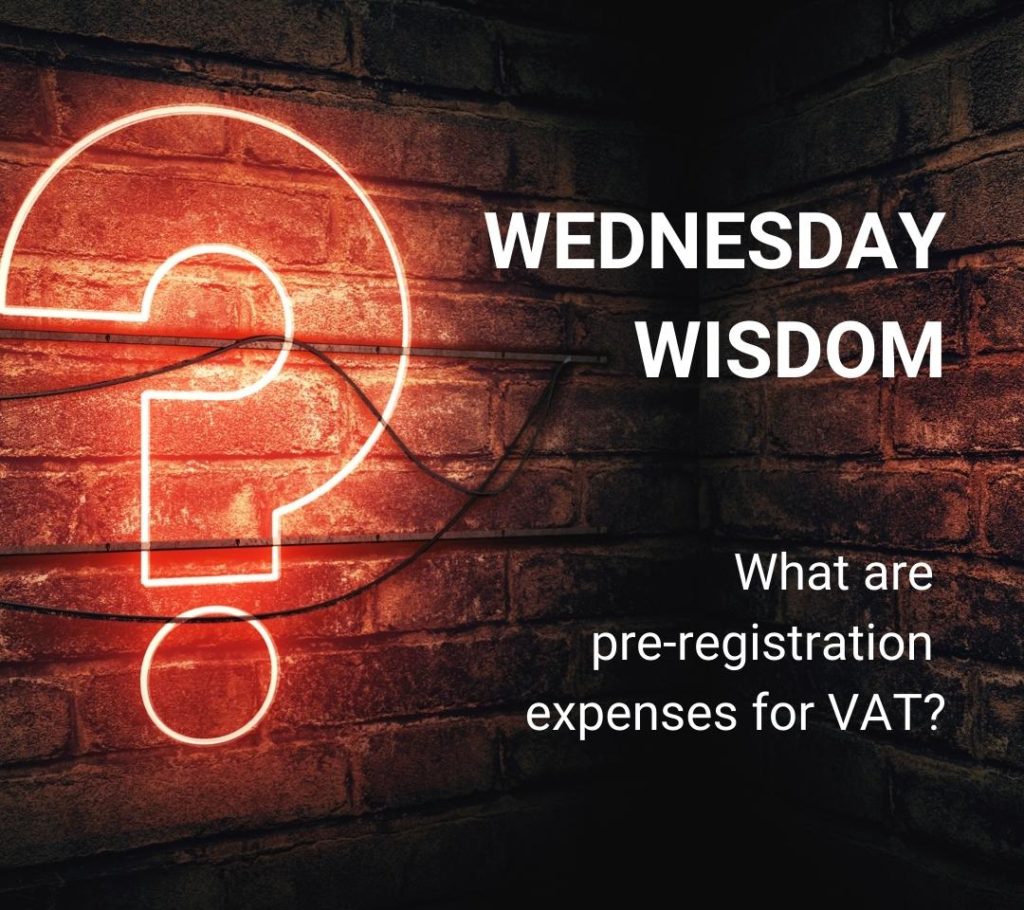Creative Industries Research and Development Reform from April 2020
There will be some changes on the horizon for Research and Development Tax Relief from April 2023
What is Research and Development Tax Relief?
Generally misunderstood, this tax scheme is open to nearly all industries. Plenty of creative sector companies make successful claims each year. These schemes may be available to you if you are working on a product that is innovative or a process that involves innovation, developing something green or energy saving. We have made successful R&D claims for clients in various industries including Architecture, Product Design, and Tech. Download our R&D Guide here.
An introduction to the R&D tax credit system
Spending money on new ideas can be risky, many businesses shy away from it as it brings costs but not necessarily any income. In 2001 the UK government set up the R&D scheme to encourage companies, large and small, to put more time and effort into innovation.
Since then more than £6.5bn has been claimed as tax relief and the number of claims increases each year. However, Research & Development Tax Credits are still in the main misunderstood or bypassed by many companies as they believe it is not for them. Don’t miss out, if you think you might qualify get in touch to see if we can help with your R&D claim.
Updates to new R&D legislation was published on 20 July 2022.
There are a number of changes that will come into play from 1 April 2023. These changes will not affect all current R&D claims but the following:
- Companies claiming Research and Development Expenditure Credit (RDEC).
- Small or medium enterprises (SME) R&D relief.
- Companies that have made a Patent Box election.
There are no major structural changes but if any of the above apply to you, get in touch so we can run through anything that may apply to your claim.
Confirmed changes to R&D tax Relief from April 2023
1. Extension of qualifying expenditure
Qualifying expenditure will now include costs related to hosting, data sets and cloud computing. In addition, the government will make changes to the definition of R&D, to remove the exclusion of pure mathematics.
2. Refocus of reliefs towards innovation in the UK
Relief for subcontracted work and the cost of externally provided workers will be limited to focus R&D on UK activity. There will be some exemptions where factors/conditions that are not present in the UK are required for the relevant research (cost and workforce availability are explicitly excluded).
3. Targeting abuse and improving compliance
All claims to R&D reliefs must be made digitally (except where the company is exempt from the requirement to deliver a Company Tax Return online). Claims must break the costs down across qualifying categories. Claims must provide a brief description of the R&D. Each claim to be endorsed by a named senior officer of the company. Each claim must include the details of any agent advising on the compilation of the claim.
Companies will need to inform HMRC, in advance, that they plan to make a claim. They will need to do this, using a digital service, within 6 months of the end of the period to which the claim relates. However, companies that have claimed in one of the preceding three periods will not need to pre-notify.
Further points to keep in mind regarding R&D tax reform:
Several changes will be made to correct anomalies and ensure the reliefs operate as intended, for example the requirement that in order to qualify for R&D relief, expenditure must be paid within two years of the end of the accounting period.
Legislation will also be amended so that the Health and Social Care Levy will be claimable in the same way that employers’ NIC is an eligible cost. Sections of the Patent Box rules require consequential amendment to include data and cloud computing costs.
Important points to takeaway:
No more last minute claims!
Potential new claimants and their advisors will have a very short timeframe to make pre-claim notifications, so getting aligned with the calendar is important!
Important for International creative businesses
Companies operating internationally must review their arrangements and how the changes will affect them.
Changes for Patent Box elections.
Companies making patent box elections should also review the effect of the changes.
R&D Boutiques
Companies using R&D boutiques or preparing their own claims with limited technical or financial advice may need to reconsider their approach.
Stay on top of the coming reform, and let WWCreative take care of your R&D claim.
The full policy proposal can be found on the HMRC website here. However, for guidance and support in submitting an R&D claim and any of the coming changes, it’s best to speak to our specialist. Please contact Erin at [email protected] or give us a call.
Featured Image by Andy Holmes on Unsplash







